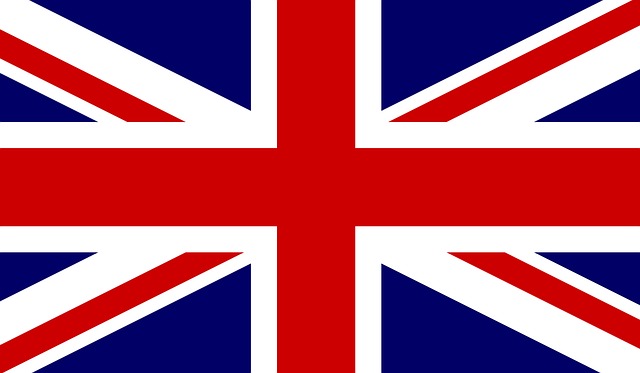Forum Categories › GENERAL VAT DISCUSSIONS › My user name says it all! Advice on VAT if receiving 1 payment for 4 years work › Reply To: My user name says it all! Advice on VAT if receiving 1 payment for 4 years work
There are two tests that determine when a business must register for VAT. The one most commonly affecting businesses is called the “backward look”, where you have to register once your taxable turnover for the past 12 calendar months exceeds the £85k registration threshold. But there’s also one called a “forward look”, where you must register for VAT as soon as you expect your taxable turnover for the next 30 days alone to exceed the £85k.
Exceptions to the requirement to register for VAT due to having either low or no anticipated future turnover can only be granted by HMRC on cases based on the “backward look” test. This is because any registrations under this test would not impact on the income already received, and the business would be entitled to deregister again straight away. However, your registration would be based on the “forward look” test – in that there will be a point in time at which you’ll know that you’re going to receive more than £85k within the following 30 days.
Unfortunately the fact that this payment covers work that you’ve undertaken over the course of 4 years isn’t taken into account. You’ve been making what would be regarded as a “continuous supply of services”, and the “time of supply” (which is the important date for VAT purposes) is the earlier of the issue of an invoice or receipt of payment. So you could only have spread it over a number of years if you’d billed in instalments – which clearly wouldn’t have been possible in this case.
The only possibility that I can think of, which may be worth exploring, is whether this arrangement might not actually be regarded as “business”. Strictly, VAT only applies to activities undertaken in the course of business. So if:
– you weren’t previously doing this type of work,
– you don’t intend to continue doing it,
– you haven’t advertised for other “clients”, and
– you only doing this to help a friend,
you might be able to argue that it isn’t really a business arrangement. Although percentage-based “no-win-no-fee” arrangements might be quite common, they’re only really viable from a service provider’s perspective where they have many clients – in that fees from the cases they win will cover the costs of any cases they lose.
HMRC provide some guidance in their internal manuals on arrangements that may or may not be regarded as business, see https://www.gov.uk/hmrc-internal-manuals/vat-business-non-business/vbnb22000. This is based largely on tribunal/court rulings in earlier cases – although none of those cases are similar to your circumstances. It may be worth contacting HMRC with details of your circumstances, to see whether they will accept that the income would not be in the course of business? However, if they deem that it will be business income, you’ll need to register based on the “forward look” rules as soon as you know that you’ll be paid within the following 30 days.
If the arrangement is deemed to be business, there is something referred to as a “Flat Rate Scheme”, which would allow for VAT to be accounted for at a lower rate than the standard 20% (in return for you not being able to reclaim VAT on costs incurred). To be eligible for the scheme, there is a turnover limit of £150k (excluding VAT), so this would only be available to you if the final settlement is slightly less than you’re currently anticipating.
